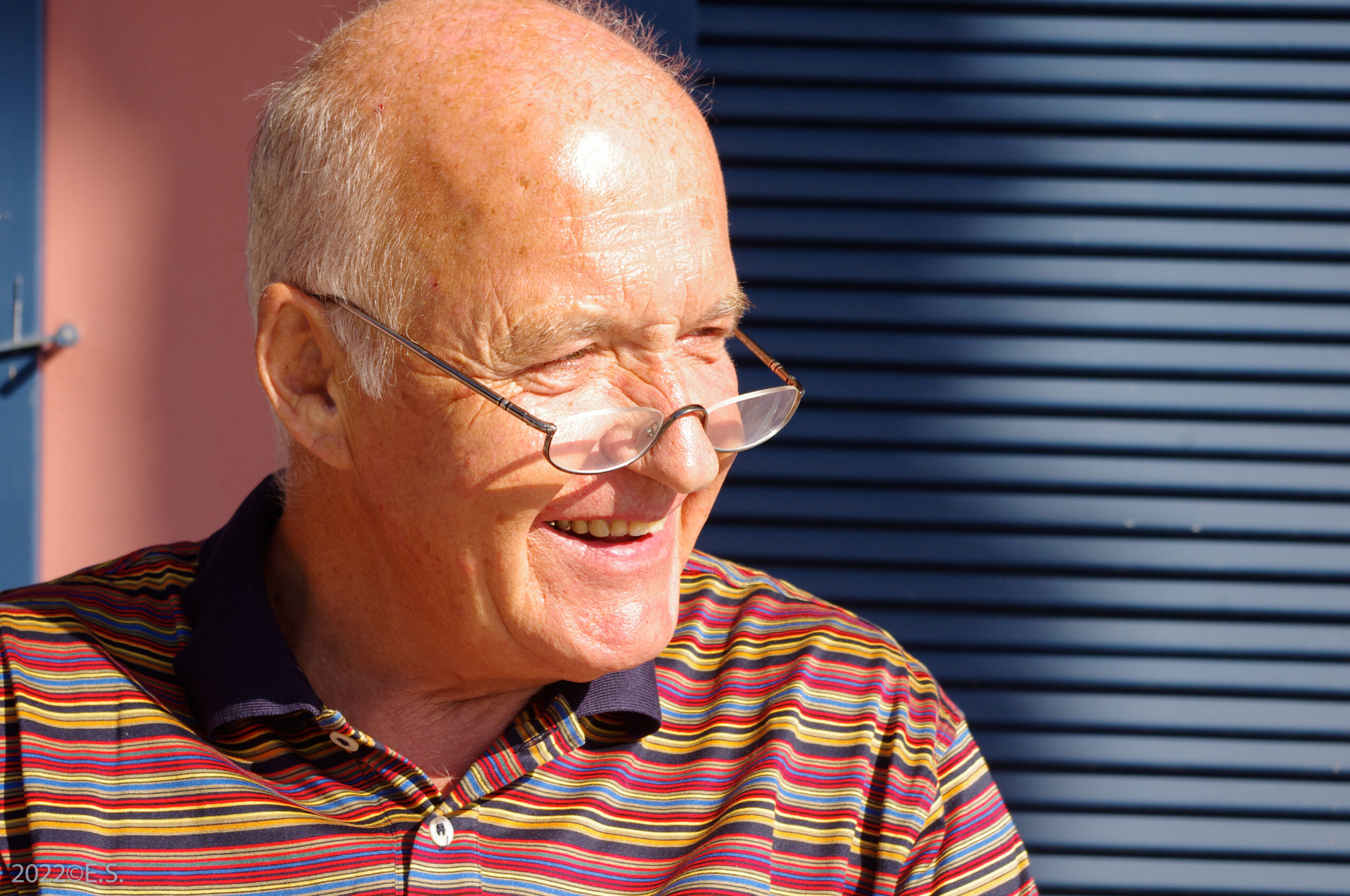
The founder of the dm drugstores (dm-Drogeriemarkt), Götz W. Werner, died a year ago, on February 8, 2022, at the age of 78. He had become widely known to the public for his advocacy of a Basic Income. This income was to guarantee human dignity and be available to everyone “from the cradle to the grave” with no strings attached. Götz Werner’s commitment to the idea of a Basic Income continues to have a particular impact in Freiburg, where he enabled research on the UBI through a generous grant to the University of Freiburg.
He chose Freiburg as the site of the new institute because this is where a significant part of the development of German ordoliberalism had taken place. His ideal was for a New Ordoliberalism (Neuer Ordoliberalismus) to emerge in Freiburg, closely linked to the concept of the UBI. In addition, his close friend and advisor, Benediktus Hardorp, who had done his PhD in Freiburg. Hardup contributed in particular to Götz Werner’s conviction that the focus on VAT was the right tax approach for the positive development of society. For him, the Freiburg tradition was a sign that this was the right place to develop promising new ideas.
When Götz Werner began advocating the idea of a Basic Income in public in the 1980s, he was already filling large halls and inspiring his audiences. While UBI was considered, for a long time, a mere utopia, it is now being discussed and tested in numerous pilot projects around the world. In Germany, its implementation is being considered again and again, both politically and in civil society.
Toward the end of his life, Götz Werner decided that he would give his intellectual legacy an academic, institutional foundation. With Bernhard Neumärker, Professor of Economic Policy and Constitutional Economic Theory at the University of Freiburg, he found the person to whom he could assign this task. Götz Werner and his wife Beatrice, herself a native of Freiburg, hence established the Götz Werner Chair (GWP), with Bernhard Neumärker as director. Eventually, in addition to the chair and the founding of an interdisciplinary center of excellence, the Freiburg Institute for Basic Income Studies (FRIBIS), was made possible through the financial support of the dm-Werner Foundation. The then rector of the university, Hans-Jochen Schiewer, recognized the socio-political relevance of UBI and gave his support to the initiative. The aim was to make the University of Freiburg a center of academic debate and civil-societal and political discussion on this topic for the future.
Today, FRIBIS consists of numerous staff members and mostly multinational research teams in which academics and actors from civil society work together. The teams are dedicated to specific societal issues that relate to basic income, including gender justice, ecological aspects of production and consumption, financing options and care work. FRIBIS is the world’s largest research center on UBI and therefore attracts leading researchers from all over the world.